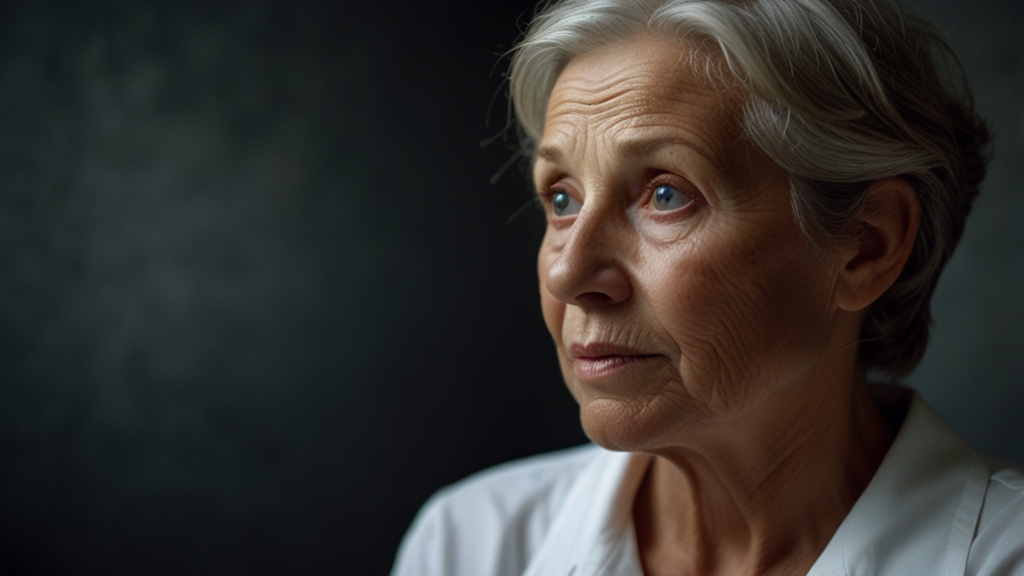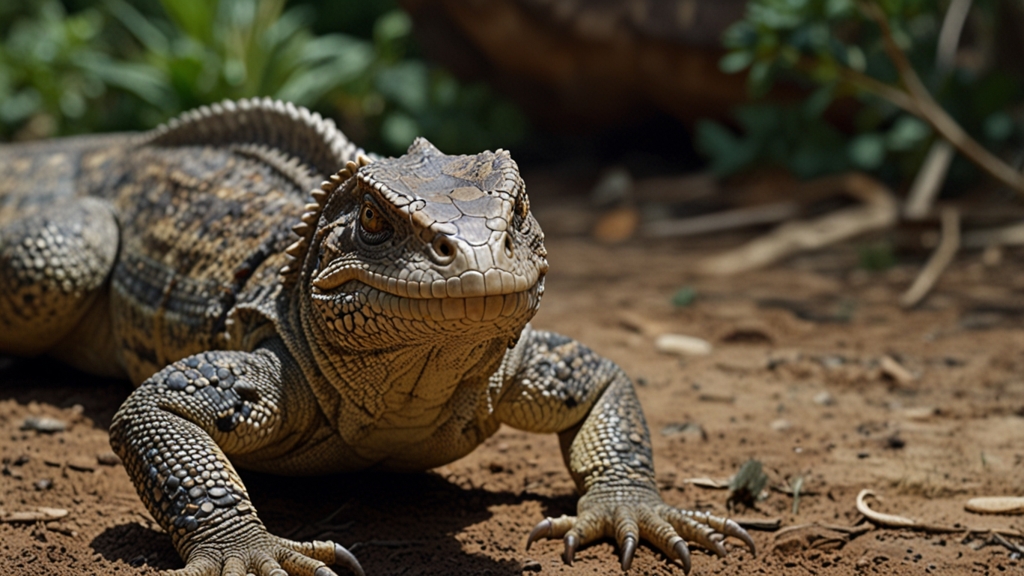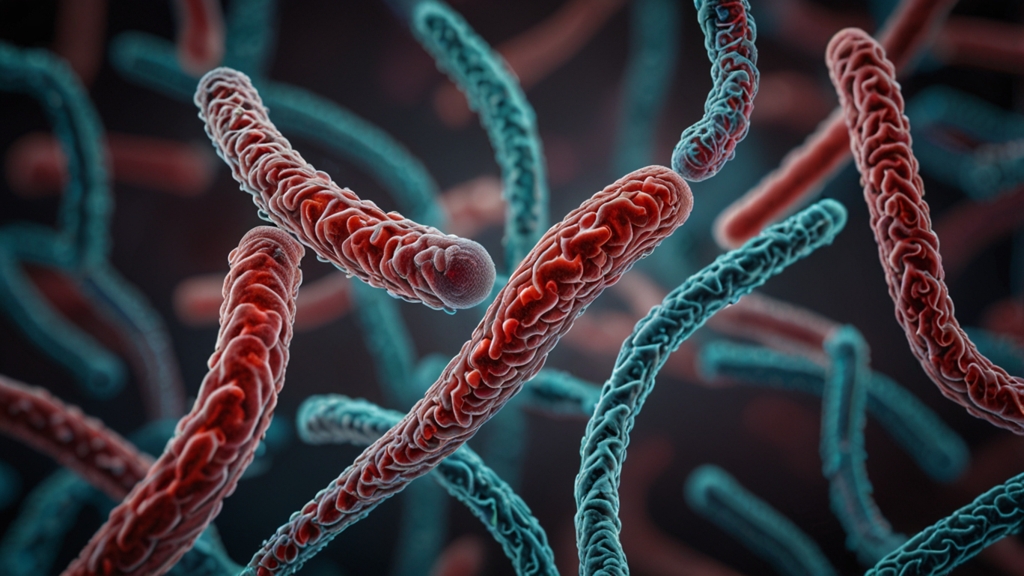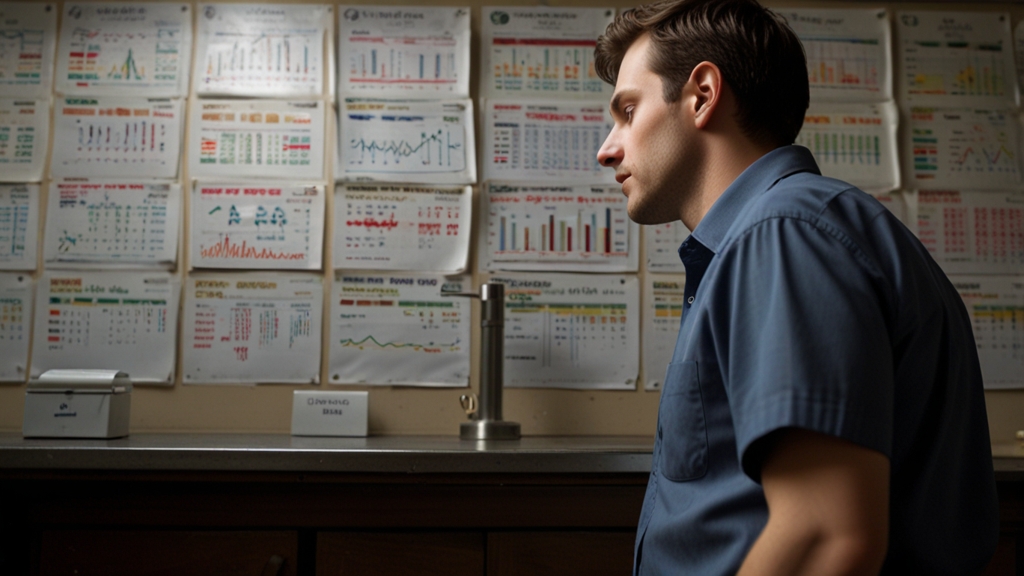Why Do We Age? The Biological Clock and Its Mysteries
Aging is a universal phenomenon that every living organism experiences. Despite being a natural part of life, the mechanisms behind aging remain one of the most profound mysteries in biology. With advances in science and technology, we are beginning to peel back the layers of this complex process. What drives us to age? The answer lies in our biological clock, a sophisticated internal system that governs the aging process.
The Biological Clock: An Overview
The concept of a biological clock refers to the natural mechanisms within our bodies that regulate various physiological activities, including sleep-wake cycles, hormone release, and cellular regeneration. In the context of aging, the biological clock can be likened to an intricate timer that ticks away from the moment we are born, signaling the gradual decline in the function of organs and tissues over time.
Telomeres: The Guardians of Chromosomal Integrity
One of the primary components of our biological clock is the telomere. Telomeres are repetitive DNA sequences found at the ends of chromosomes. They protect our genetic data during cell division, much like the plastic tips on shoelaces prevent fraying. Every time a cell divides, these telomeres shorten. When they become too short, the cell can no longer divide and becomes senescent or dies.
"Shortening of telomeres is one of the most widely studied mechanisms of cellular aging. Researchers are exploring ways to delay or even reverse telomere shortening," says Dr. Jane Smith, a leading geneticist.
Cellular Senescence: The Halt in Cell Division
Cellular senescence is another crucial factor in the aging process. As cells accumulate damage over time, they enter a state where they no longer divide. Senescent cells release inflammatory factors that can disrupt tissue function and contribute to age-related diseases.
“Senescent cells are like the bad apples in a barrel. They affect the cells around them and accelerate the aging process,” notes Dr. Robert Hawkins, an expert in cellular biology.
Genetic and Epigenetic Factors
Aging is also influenced by genetic and epigenetic factors. Our genes determine how we age, but recent studies have shown that gene expression can be altered by environmental factors like diet, stress, and exposure to toxins. Epigenetics, the study of changes in gene expression without altering the DNA sequence, has become a key area of research in understanding aging.
Mitochondrial Dysfunction
Mitochondria, the powerhouses of the cell, play a significant role in aging as well. Over time, mitochondrial function declines, leading to reduced energy production and increased oxidative stress. This oxidative stress can damage cells and tissues, contributing to the aging process.
Hormonal Changes
Hormonal changes also play a pivotal role in aging. For instance, levels of growth hormone and sex hormones like estrogen and testosterone decline with age, affecting various physiological processes including muscle mass, bone density, and skin elasticity.
"Hormones act as messengers in the body and their decline leads to several age-related changes," explains Dr. Emma Collins, an endocrinologist.
Environmental and Lifestyle Factors
While our biological clock ticks inevitably, lifestyle choices significantly influence the pace at which we age. Factors such as a balanced diet, regular exercise, and mental well-being can help mitigate some of the detrimental effects of aging. Conversely, habits like smoking, excessive alcohol consumption, and a sedentary lifestyle can accelerate the aging process.
The Search for Longevity
The quest for longevity and a better understanding of the aging process is ongoing. Researchers are exploring various avenues, including genetic engineering, anti-aging drugs, and healthy lifestyle practices to extend not just lifespan but healthspan—the period of life spent in good health.
The mysteries of the biological clock are gradually being unveiled, offering hope for future interventions that might slow down or even reverse some aspects of aging. Until then, understanding these mechanisms gives us the tools to make informed choices that could enhance our quality of life as we age.











